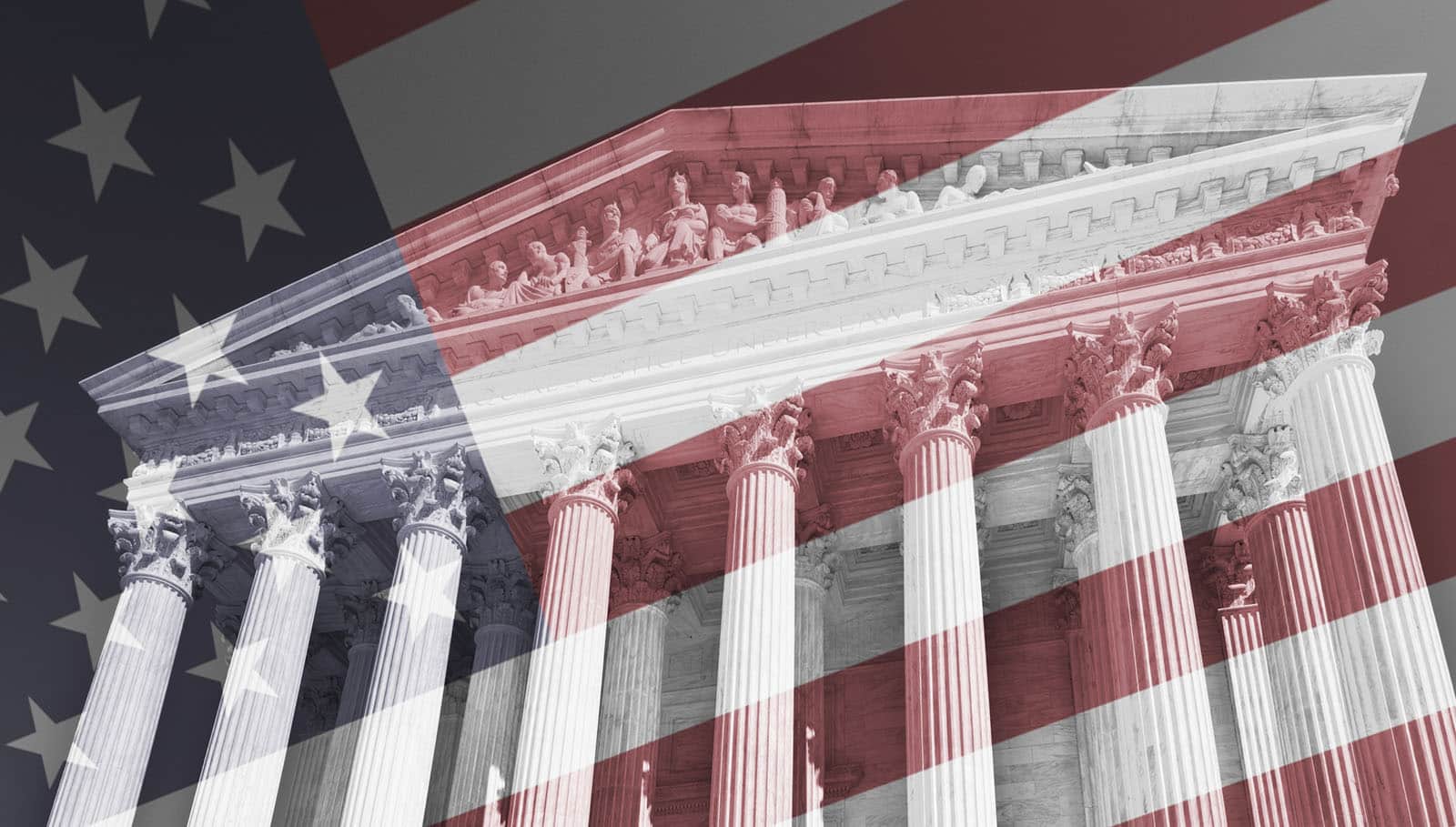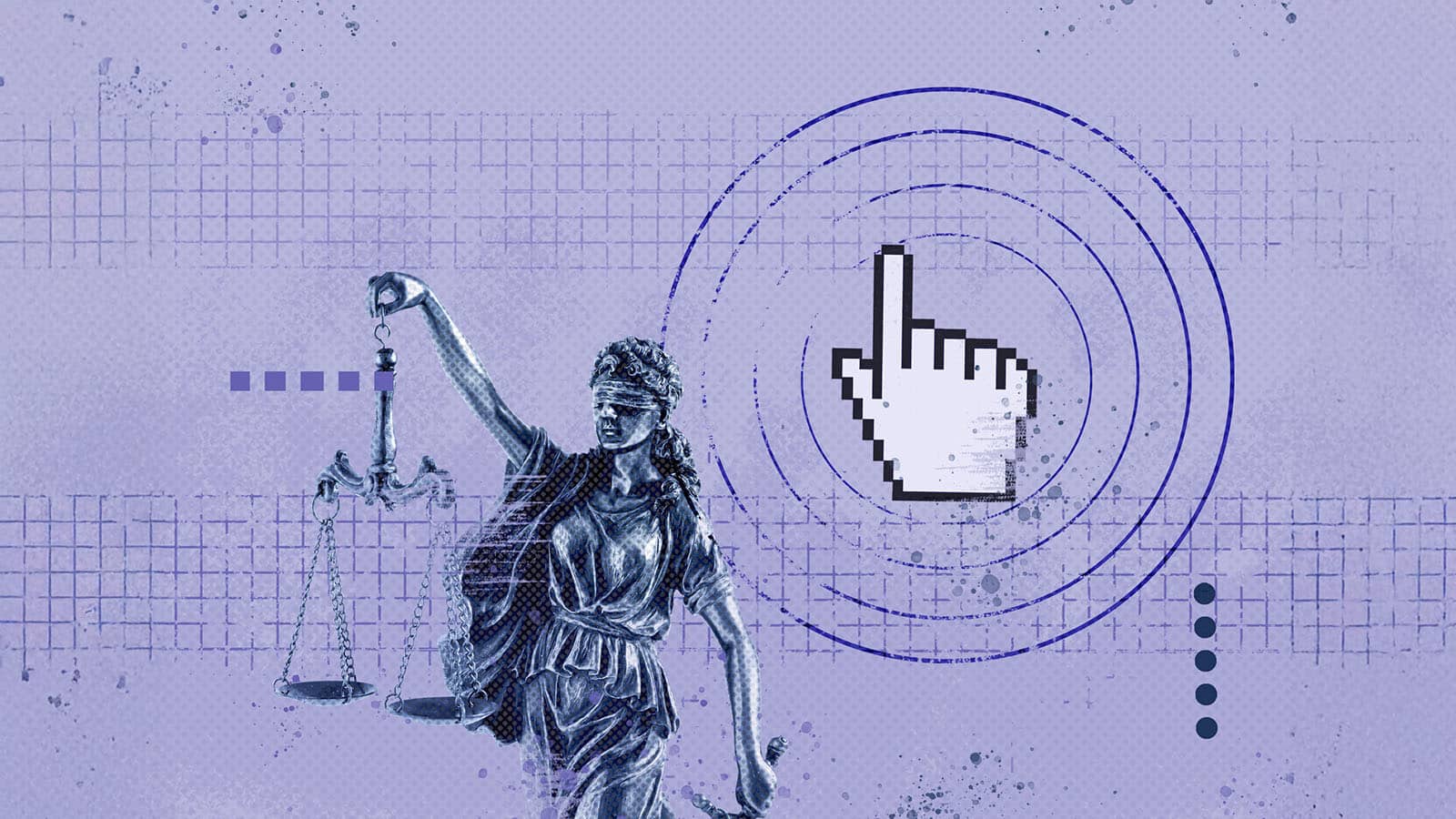October 3, 2025

This information is provided for educational purposes only by Kohn, Kohn & Colapinto and does not constitute legal advice. No attorney-client relationship is created by accessing this content. Laws and regulations may change, and this material may not reflect the most current legal developments. If you believe you have a whistleblower claim, consult a qualified attorney to discuss your specific circumstances.
Deciding between being an anonymous or confidential whistleblower can depend on several factors, including the situation, your relationship to the organization, the potential risk to your personal safety or career, the seriousness of the issue, and the legal protections in place.
The best way to prevent retaliation is for your company not to know who you are. If they do not know who the whistleblower is, it is hard to retaliate. The most effective strategy is to be an anonymous and confidential whistleblower.
Continue reading to learn more about confidential versus anonymous whistleblowing.
Can whistleblowers remain anonymous?
The United States has strong legal protections for whistleblowers who want to shield their identity and become confidential informants. The best way to protect your confidentiality is to file a whistleblower claim under a law that provides for strict protection for confidentiality.
The best laws are as follows:
FinCEN Whistleblower Program
The FinCEN whistleblower program provides a secure pathway for individuals to anonymously report violations of the Bank Secrecy Act (BSA), anti-money laundering (AML) laws, and sanctions violations. To maintain complete confidentiality, a whistleblower can work through an attorney who will file the report and handle all communications with the agency on their behalf. This arrangement ensures the whistleblower’s identity is never revealed to the government, allowing them to safely provide information that could lead to a significant financial award while being shielded by anti-retaliation provisions.
Dodd-Frank Act
The Dodd-Frank Act, which includes securities fraud, commodity fraud, and bribery under the Foreign Corrupt Practices Act. By law the SEC and Commodity Futures Trading Commission must maintain the confidentiality of whistleblowers who request such protection. Also, these laws permit anonymous filings.
IRS Whistleblower Program
The IRS whistleblower program and tax law covers tax frauds, tax underpayments, most money laundering and other laws investigated by the IRS criminal division does not permit anonymous filings. However, the IRS must protect the confidentiality of whistleblowers to the fullest extent permitted under law. Thus, this program has developed an excellent reputation for protecting the confidentiality of whistleblowers.
The False Claims Act
The False Claims Act permits a whistleblower to file his or her original complaint without revealing his/her identity to an employer. However, after the government concludes its investigation, in most cases, the complaint is made public.
Federal employees also can follow rules for confidentiality under the Inspector General Act and other laws.
Disclosing the identity of a whistleblower or confidential informant could constitute an obstruction of justice, see 18 U.S.C. § 1513(e).
Disclosures under the Whistleblower Protection Act to the Office of Special Counsel pursuant to 5 U.S.C § 1213(h).
Courts have found that breaching an employee’s right to confidentiality can constitute an adverse action.
The U.S. Court of Appeals for the Fifth Circuit held that revealing the identity of a confidential whistleblower would constitute an adverse personnel action, giving rise to damages. The Court reasoned as follows:
“it is inevitable that such a disclosure [of the whistleblower’s identity] would result in ostracism, and, unsurprisingly, that is exactly what happened to [the whistleblower] following the disclosure.”
The Court went on to explain:
“no one volunteers for the role of social pariah.”
See, Halliburton v. Administrative Review Board, 771 F.3d 254 (5th Cir. 2014) (emphasis added).
The SEC has issued sanctions against companies for taking steps to identify a confidential whistleblower.
A large number of federal courts have issued decisions recognizing the right to anonymity.
Whistleblowers should seek and obtain confidential informant status whenever that is available.
What can place my identity at risk of exposure?

To protect your identity and confidentiality, do not use any devices owned by the company or the government to blow the whistle.
For example, do not use a company or government-issued technology, including phones, computers, or wireless networks. The U.S. Supreme Court permits highly intrusive surveillance through corporate-owned property regardless if that property is given an employee to use in a personal capacity.
The best way to protect your confidentiality is to work with a whistleblower attorney. The attorney-client privilege protects the conversations you have with your attorney.
Can I remain a confidential whistleblower if I go to the news media?
The short answer is no. Neither journalists nor confidential informants have a recognized privilege to remain confidential. However, the First Amendment of the U.S. Constitution can provide some protection from government intrusion for the information you communicated to a journalist, but these protections are not absolute. In the private sector, if a case proceeds to court, corporations routinely ask for any communications you have had with the press and any documents that you have given to the media.
Do companies protect whistleblowers when using internal reporting procedures?
The earliest whistleblower cases document corporations explicitly retaliating against employees who file their concerns internally. Furthermore, in these cases, the corporations argued in court that they could fire at-will employees who report concerns internally. Corporations have won and prevailed in many of these cases.
Most recently, the U.S. Supreme Court backed the Chamber of Commerce and held that employees who report internally lack any protection from retaliation under the Dodd-Frank Act. In response to the assault of corporations against whistleblowers who report internally, Congress amended and enacted laws to protect employees who report internally.
Given the long history of retaliation against internal whistleblowers, and the opportunity to obtain a whistleblower reward if you contact the appropriate government agency, no employee should ever report an allegation of fraud or corruption internally until he or she has contacted an attorney and obtained advice.
Furthermore, if an internal compliance program is managed by company attorneys, that program should be avoided, as these programs are in place to serve the interests of the organization, not the whistleblower.
If I report internally, can companies use the information I provide as a justification for firing me?
Yes. The U.S. Supreme Court and all of the lower courts permit corporations to use information collected by the company as grounds for discipline and to fire employees. Furthermore, some company compliance programs are managed by attorneys (usually the Office of General Counsel). It is strongly recommended not to have any contact with these programs. Professionals within the compliance communities themselves overwhelmingly condemn lawyer managed programs because the attorney for the company must act in the best interest of the company, which often means attacking the whistleblower. Attorney managed compliance programs often shield their information and investigatory files from civil discovery and even from the government. See Rule 17: Beware of “Hotlines” and Rule 18: Don’t Talk to the Company’s Lawyers.
The goal of the attorney managed compliance programs is to protect the company and prevent liability, usually making the whistleblower the target of their wrath.
Can I be confidential if I report internally?
By definition, if you disclose whistleblower concerns to a company, the company knows who you are, and this renders future attempts to be an anonymous whistleblower extremely difficult. Some laws require companies to keep whistleblower’s identity confidential if they report internally, but in practice, those do not work.
David Colapinto, whistleblower attorney at Kohn, Kohn & Colapinto, testified in front of the House Subcommittee about the importance of protecting federal whistleblowers. Read his testimony: “Hearing on the Importance of Federal Whistleblowers”
Our Firm’s Cases

Contract Fraud Exposed
Dr. Tommie Savage, a seasoned contracting officer at the Army Corps of Engineers, uncovered a web of systemic corruption within the agency's Huntsville, Alabama contracting office. Her unwavering commitment to ethical government practices led to a relentless campaign of retaliation that would test her resilience and courage.
Relevant FAQs
Latest from Our Blog
February 24, 2026
February 16, 2026


![Whistleblower Protection Laws: A Comprehensive Guide [2025]](https://kkc.com/wp-content/uploads/2025/03/Whistleblower-Protection-Laws.jpg)


